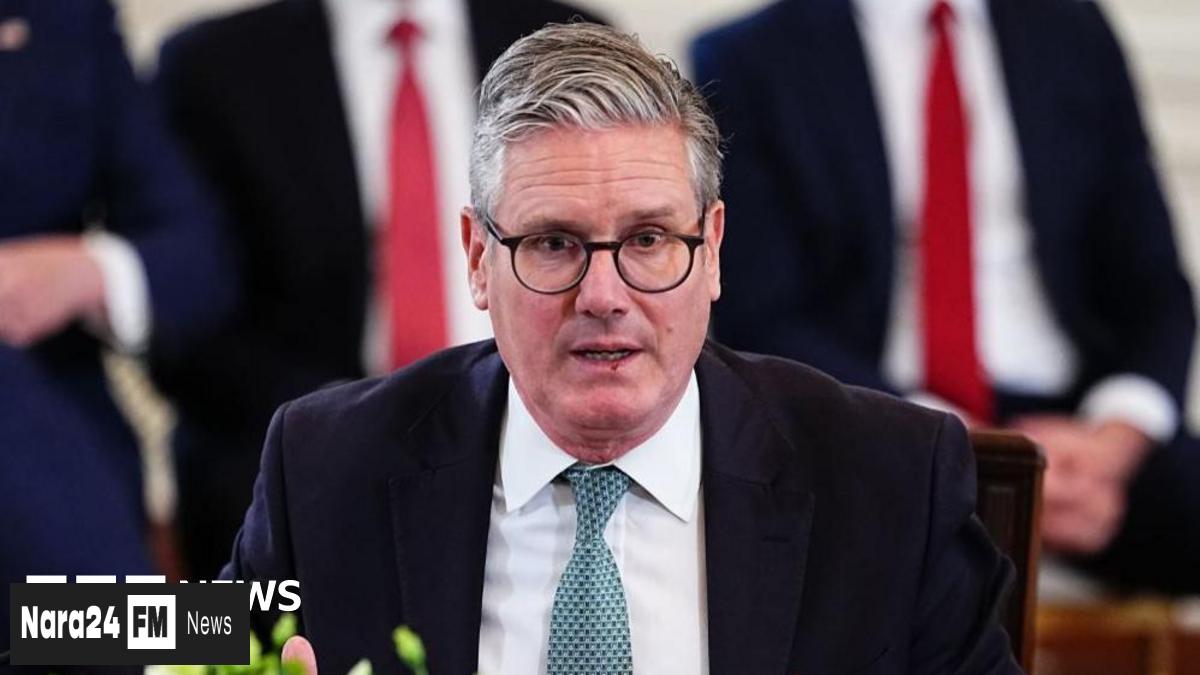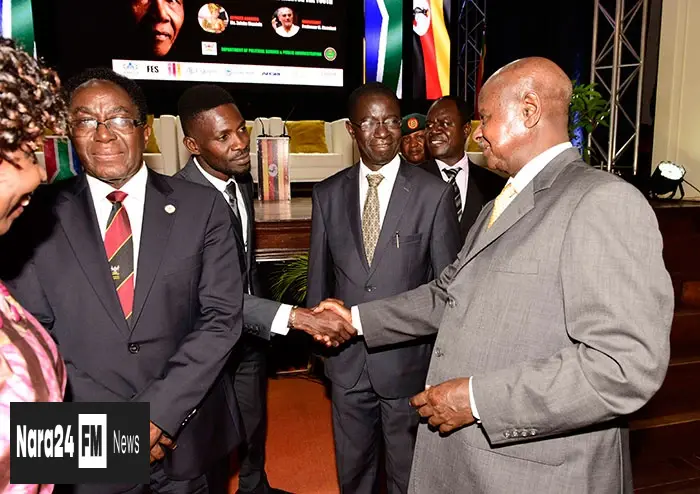In This Article
- Downing Street Reorganization Targets Efficiency
- Streamlining Leadership and Policy
- A Ruthless Approach to Governance
- Economic Expertise Takes Center Stage
- Vision and Delivery Challenges Ahead
Key Takeaways
- Prime Minister Keir Starmer has initiated a significant restructuring of his Downing Street team to address systemic inefficiencies and tighten control over the government.
- Starmer's reshuffle emphasizes economic proficiency with key appointments, including Baroness Minouche Shafik as chief economic adviser and Sue Gray to lead his private office.
- The reorganization aims to streamline leadership and policy by consolidating fragmented roles and clarifying decision-making hierarchies, but questions linger about Starmer's overarching agenda.
Downing Street Reorganization Targets Efficiency
Prime Minister Keir Starmer has initiated a significant restructuring of his Downing Street team, aiming to address systemic inefficiencies within the government. Central to the overhaul is the creation of a new Chief Secretary to the Prime Minister role, filled by Darren Jones, previously Rachel Reeves' deputy at the Treasury. This position, unprecedented in recent history, underscores Starmer’s push to tighten control over what he has described as a "sluggish" administrative apparatus.
Streamlining Leadership and Policy
The reshuffle consolidates fragmented roles, reducing communications directors from two to one and centralizing policy leadership. A government insider likened the previous setup to a disjointed sports team: “No 10 resembled a midfield overloaded with talent but lacking coordination.” The changes aim to eliminate overlapping responsibilities and clarify decision-making hierarchies.
A Ruthless Approach to Governance
Starmer’s leadership style, marked by decisive personnel shifts, continues to draw attention. Several close aides appointed less than a year ago have been sidelined or replaced—a move critics argue reflects course correction rather than strategic vision. Supporters, however, frame it as necessary pragmatism to enhance governance effectiveness.
Economic Expertise Takes Center Stage
The reshuffle heavily emphasizes economic proficiency. Key appointments include Baroness Minouche Shafik, former Bank of England deputy governor, as chief economic adviser, and Treasury veteran Sue Gray to lead Starmer’s private office. This signals heightened focus on the upcoming autumn Budget, viewed as pivotal for the government’s long-term credibility. Chancellor Rachel Reeves reportedly advocated for bolstering Downing Street’s economic team, collaborating closely with Starmer on the restructuring.
Vision and Delivery Challenges Ahead
While the reorganization aims to accelerate policy execution, questions linger about Starmer’s overarching agenda. Some Labour MPs and advisers express concern over a perceived lack of clear direction. As one insider noted, “The prime minister’s vision must crystallize for these structural changes to matter.” With pressure mounting ahead of fiscal announcements, Starmer’s reshaped team faces the dual challenge of delivering results and defining their leader’s political legacy.
Related: Darren Jones appointed to key Downing Street role | Starmer replaces third senior aide in under a year








Comments (0)
Leave a Comment
Be the first to comment on this article!